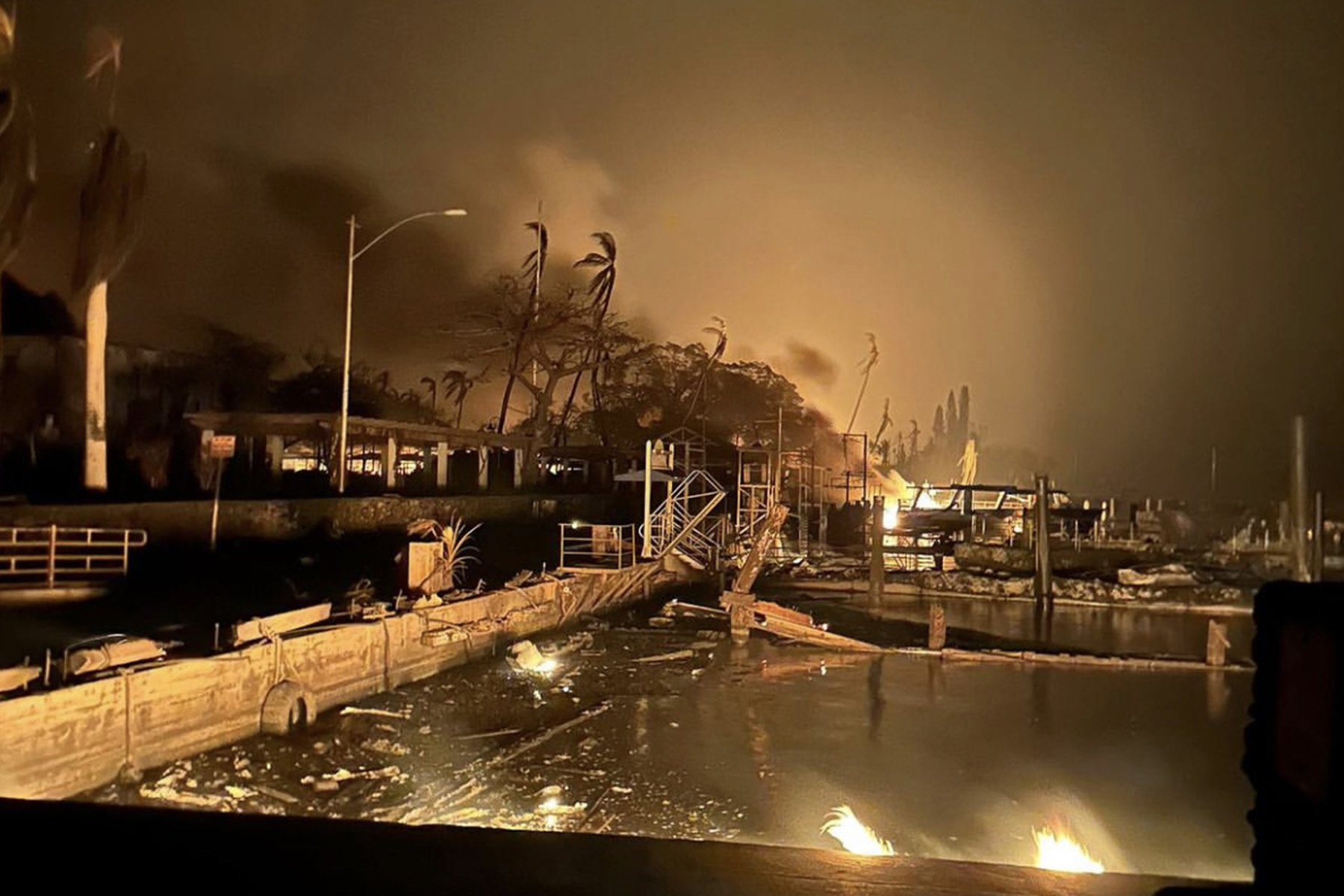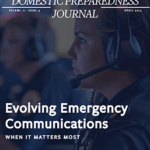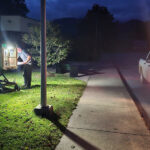Soon after wildfires ripped through the island of Maui in August 2023 – causing more than $5 billion in damage – reports of online trolls, possibly backed by the Chinese government, used social media to spread falsehoods. Among the misinformation were a secret “weather weapon” test, space warfare, and even Oprah Winfrey causing the fires.
One reason a foreign government would bother pushing such ridiculous claims is simple. Crises and disasters are opportunities to undermine the national unity that forms in response to tragedy. U.S. adversaries, including China, Russia, North Korea, Iran, and others, may gain an advantage when there is discord among the American public.
Misinformation – Motivations and Consequences
The Soviet Union perfected this technique, and Russia seems to have revived this playbook, as evidenced by their interference during the presidential elections and recent disasters, like the Ohio train derailment where reports of pro-Russian trolls claimed that authorities were lying about the impact of this chemical spill. Specifically, Russia or other foreign actors identify deep-seated group differences in the country and release a “firehose of falsehood” to prevent the naturally prosocial, unified efforts that often form following crises.
Two things make these types of misinformation operations attractive. First, it is relatively easy to do via social media. TikTok, Instagram, and Twitter provide a direct pipeline to millions of Americans. Second, these operations are inexpensive.
While mis- and disinformation campaigns are low-cost to deploy, emergency management professionals and the disaster-impacted communities they serve can pay a high price. Fortunately, emergency management professionals can apply what they have learned from the field’s decades-long efforts to combat disruptive rumors.
Response and recovery are periods when the public needs to receive important – perhaps lifesaving – information dealing with heightened stress and uncertainty. Rumors have long challenged these efforts, whether spread through news outlets, word of mouth, social media, or foreign influence operations that prey on fear, mistrust, and confusion among the public.
The Federal Emergency Management Agency (FEMA) employs means of combating rumors and pushing accurate information. For instance, FEMA routinely releases fact sheets after disasters (like those in Alabama and Louisiana), maintains a common disaster-related rumor page, and frequently updates news outlets. Part of the Joint Information Centers and Public Information Officers’ purpose is addressing concerns like this.
Efforts That Local Professionals Should Do
Be Ready – Preparation may produce large dividends during a disaster. The good news is that preparation is relatively inexpensive and can build on activities that communities already carry out. For example:
- Add social media and rumor monitoring and control techniques to the jurisdiction’s response and recovery plans;
- Include foreign misinformation efforts in tabletop, functional, and full-scale exercises;
- Integrate the potential for foreign actor misinformation campaigns in any Public Information Officer training; and
- Work through how information regarding foreign actor involvement will flow from the federal government to the state and local levels.
Strike a Balance – During disaster response and recovery, take a balanced approach to addressing misinformation perpetuated by foreign actors. It is important to identify misinformation, but do not obsess over it either. It may be tempting to refute falsehoods during a crisis, but that could backfire by amplifying the falsehoods one seeks to minimize.
Focus on the Forest, Not the Trees – RAND research finds that Americans do not like foreign adversaries trying to influence them. Those who learn they are being manipulated act to debunk misinformation themselves. Instead of refuting (and thus repeating) a particular claim made by online trolls:
- Explain that nation-state actors may spread misinformation to create confusion and discord; and
- Empower residents with truthful and easy-to-access information.
It might seem laughable that there are bureaucrats inside foreign governments creating claims about Oprah moonlighting as an arsonist in Maui, but the creation of these types of falsehoods does happen. Even if information operations are cheap for foreign governments to execute, they also can be simple to counteract effectively through routine emergency management preparedness activities.

Marek N. Posard
Marek N. Posard is a military sociologist at the nonprofit, nonpartisan RAND Corporation and an affiliate faculty member at the Pardee RAND Graduate School.
- Marek N. Posardhttps://www.domesticpreparedness.com/author/marek-n-posard

Jessica Jensen
Jessica Jensen is a policy researcher at the nonprofit, nonpartisan RAND Corporation and an affiliate faculty member at the Pardee RAND Graduate School.
- Jessica Jensenhttps://www.domesticpreparedness.com/author/jessica-jensen






